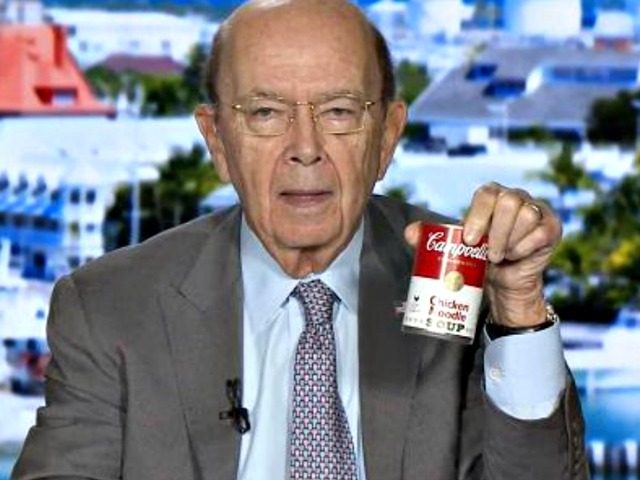U.S. consumer prices rose by less than expected in August, once again defying forecasts that a tight labor market, tariffs, and trade disputes would push inflation higher.
The consumer-price index rose a seasonally adjusted 0.2 percent in August from the prior month, the Labor Department said Thursday. Core inflation, which excludes volatile food and energy components, increased 0.1 percent. Both were a tenth of a percentage point lower than the consensus forecast of economists.
The small rise in core inflation was below the lowest range of forecasts from economists surveyed by Bloomberg.
Compared with a year ago, prices were up 2.7 percent, lower than the 2.9 percent gain in July and June. Core inflation was up 2.2 percent from a year earlier, down from 2.4 percent in July. This means the pace of inflation has slowed.
The lower than expected rise in consumer prices was foreshadowed by the Labor Department’s report on producer prices and the Federal Reserve’s Beige Book Wednesday. Taken together, the reports indicate that fears that trade disputes and rising tariffs overstated.
Commerce Secretary Wilbur Ross can once again claim vindication based on Thursday’s report. When President Donald Trump announced tariffs on steel and aluminum, Ross went on CNBC with cans of Campbell’s Soup and a can of beer and argued that the new duties would have minimal effects on consumer prices. Thursday’s report shows he was right.
The price of soup fell in August 0.6 percent. (On a seasonally adjusted basis, however, soup prices rose 1.1 percent, which suggests that people don’t buy much soup in August.) For the year, the price of soup is up just 0.4 percent, far lower than overall prices, according to Labor Department data.
The price of “beer at home” fell 0.1 percent and is up just 1.1 percent.
But it is not just beer and soup that are disproving dire predictions of tariff-led inflation.
The price of home appliances rose 0.3 percent on a seasonally adjusted basis in August, up 2.3 percent compared with a year ago. The price of major appliances fell 0.5 percent in August, indicating that earlier price pressures have fallen off. For the year, these are up 7.5 percent. This appears to be primarily due to the rise in the price of washing machines, which are subject to a separate anti-dumping tariff. Washing machine prices are up 13.6 for the year, although down 0.2 percent in August.
Cars and trucks were another product where prices were expected to rise because of the metals tariffs. That has not happened. Price of new cars and trucks were flat for August and are up just 0.3 percent from a year ago.
Tariffs are not causing prices on consumer technology to rise either, despite the Trump administration having levied tariffs on $50 billion of Chinese imports. Personal computer prices are down 4.4 percent for the year. Phone prices are down 4.9 percent. Television prices have fallen an astounding 18 percent.
The price gains suggest the economy is expanding but is not facing any serious inflationary pressures due to trade.
Despite recent slowdown in price gains, the Federal Reserve is still expected to raise rates for the third time this year later this month and again in December.

COMMENTS
Please let us know if you're having issues with commenting.